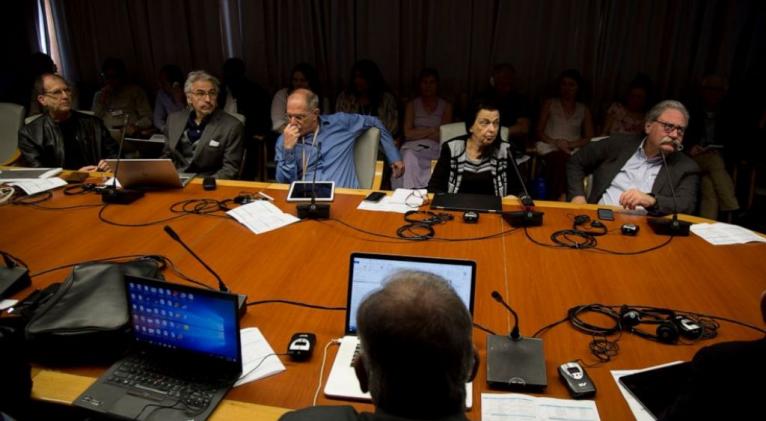Scientists meet in Havana on diplomats' mystery illnesses
especiales

Some scientists who gathered Monday for a two-day conference on the mysterious illnesses suffered by U.S. and Canadian diplomats in Havana said they suspected pesticides as a possible culprit, although results remained inconclusive.
The dozens of illnesses reported in recent years led the U.S. and Canada to sharply reduce the staffing at their embassies in Cuba. The phenomenon also led to increased tension between Cuba and the Trump administration, which accused Cuba of bearing at least some responsibility for the illnesses.
The conference entitled “Is There a Havana Syndrome?” brought together Cuban scientists with researchers from universities in Halifax, Canada, Edinburgh, Scotland, the universities of California at Los Angeles and San Diego.
Mitchell Valdés-Sosa, a Cuban neuroscientist, said the conference was meant to debate the best way of investigating the phenomenon that left dozens of diplomats reporting illnesses including headaches, dizziness and long-term neurological problems. But he said he was already sure that what happened was not the result of any deliberate action, as the U.S. has alleged.
“We believe the truth will come out with the passage of time,'' he said. ”Obviously, we don't believe the idea that the diplomats were attacked.''
Valdés-Sosa said Cuba and Canada had discussed the possibility that the symptoms were caused by chemicals used to fumigate against mosquitoes.
Other participants in the conference said they believed the diplomats had suffered some sort of genuine health effects, although the causes remained far from clear.
“There is a cluster of reports of people who are sincerely suffering and whether the cause is some sort of magical ray-gun or some sort of chemical exposure or is purely psychogenic, that it's caused through effectively psychiatric causes, we don't know,” said Mark Cohen, a professor of psychiatry at UCLA.













Add new comment